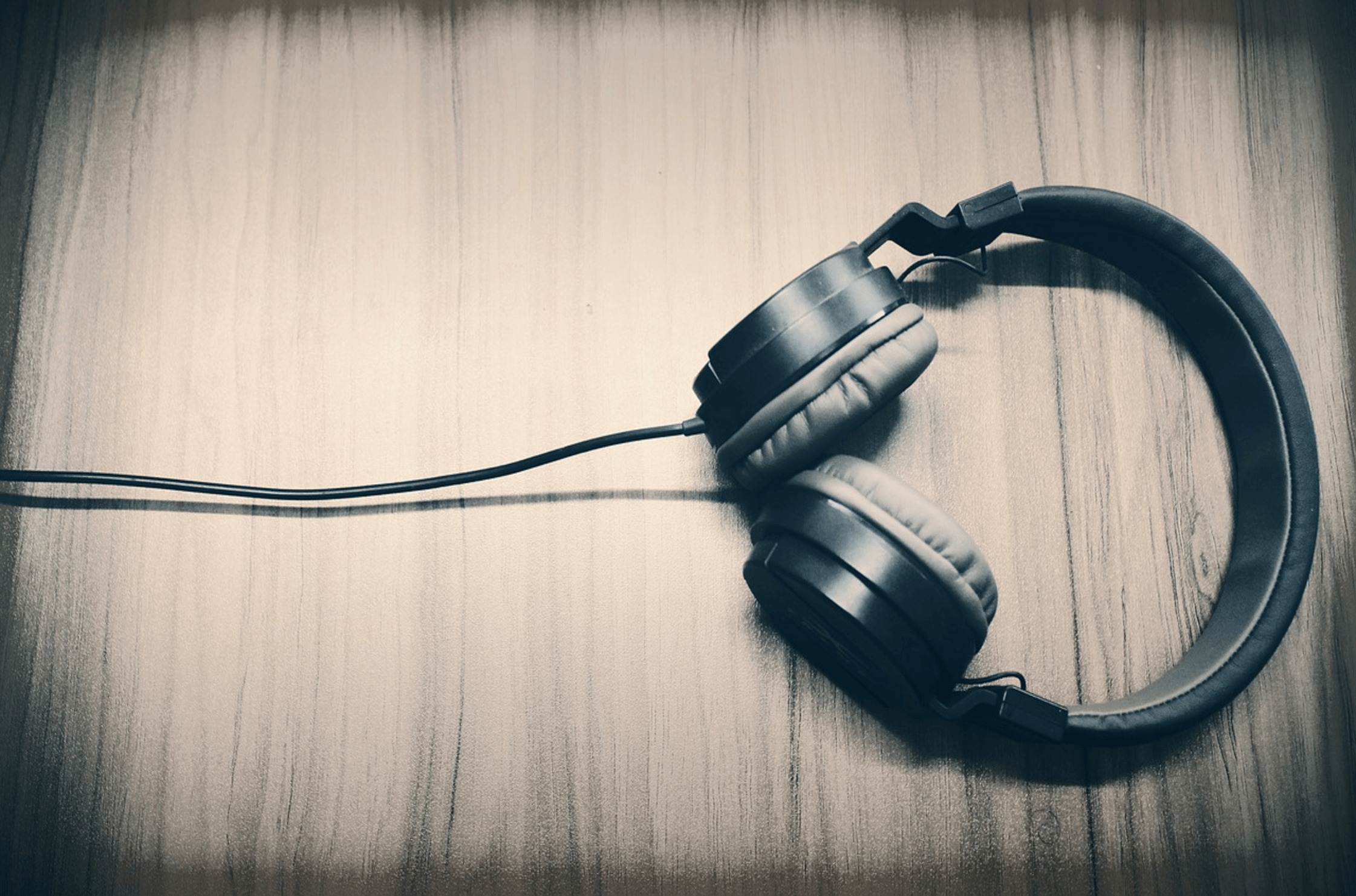A recent poll commissioned by the Royal Voluntary Service found that ‘two-fifths (40%) of patients on UK hospital wards get no visitors.’ (Read the full article here).
Visiting the sick is the right of a Muslim over his fellow Muslim. It strengthens brotherhood and helps to psychologically reduce the pain of the sick. The article stated that: ‘As well as being socially isolating, having no visitor to help with the “small” things, such as cutting up food or refilling a water glass, can delay a patient’s recovery, the nurses say.’
Not only is visiting the sick a highly recommended act, according to some of the scholars it is a farḍ kifāyah (a communal obligation; if enough individuals discharge the obligation, the remaining Muslims are freed from the responsibility).
When visiting the sick, ensure you are not burdening the patient, or visiting at an inappropriate time. Try to raise their spirits and remind them of how being sick helps to wipe away one’s sins and increase one’s ranks in the sight of Allah (subḥānahū wa ta‘ālā).
‘The stupidity of those visiting the sick is worse than the sickness itself; they come at an inappropriate time, and they sit for far too long!’ – Sufyān al-Thawrī
70,000 Angels Will Pray for You + A Mansion in Paradise
The reward of visiting the sick is immense. The Messenger of Allah ﷺ said: “When a Muslim visits a sick Muslim in the morning, 70,000 angels constantly pray for him till the evening. If he visits him in the evening, 70,000 angels constantly pray for him till the morning; and he will have (his share of) reaped fruits in Paradise.” (Tirmidhī)
In another ḥadīth, he said: “Whosoever visits a sick person or visits his brother for the sake of Allah, a heavenly caller calls out: ‘You have done well; your walking is good and blessed, and you have built a mansion in Paradise!’” (Tirmidhī)
In his commentary of Saḥīh Muslim, Imām al-Nawawī mentions that visiting the sick is not limited to those one knows, but rather one ought to visit those he knows and those he doesn’t personally know.
What You Should Say to The Sick
Before you visit the sick, try to learn at least one of the following supplications and ask Allah (subḥānahū wa ta‘ālā) to heal them through the words of our beloved Messenger ﷺ.
# Du‘ā’ 1
لَا بَأْسَ طَهُوْرٌ ، إِنْ شَاءَ اللهُ
Do not worry, it will be a purification (for you), Allah willing. (Bukhārī)
Lā ba’sa ṭahūrun, in shā’a-llāh.
# Du‘ā’ 2
اَللّٰهُمَّ رَبَّ النَّاسِ ، أَذْهِبِ الْبَأْسَ ، اِشْفِ أَنْتَ الشَّافِيْ ، لَا شِفَاءَ إِلَّا شِفَاؤُكَ ، شِفَاءً لَا يُغَادِرُ سَقَمًا
O Allah, the Lord of mankind, remove this disease. Cure, for You are the One who cures. There is no cure except for Your cure. May it be a cure which leaves behind no sickness.
Allāhumma Rabba-n-nās, adh-hibi-l-ba’s, ishfi Ant-sh-Shāfī, lā shifā’a illā shifā’uk, shifā’al-lā yughādiru saqamā.
‘Ā’ishah (raḍiy Allāhu ‘anhā) reported that when the Messenger of Allah ﷺ visited any ill person in his family, he would wipe his right hand over the ill person, supplicating [with the above].” (Bukhārī)
# Du‘ā’ 3
بِسْمِ اللهِ أَرْقِيْكَ مِنْ كُلِّ شَيْءٍ يُؤْذِيْكَ ، مِنْ شَرِّ كُلِّ نَفْسٍ أَوْ عَيْنٍ حَاسِدٍ ، اَللهُ يَشْفِيْكَ ، بِسْمِ اللهِ أَرْقِيْكَ
In the Name of Allah, I seek protection for you from everything that harms you, from the evil of every soul or the eye of an envious person. May Allah cure you; with the Name of Allah, I recite over you.
Bismi-llāhi arqīka min kulli shay’in yu’dhīk, min sharri kulli nafsin aw ʿaynin ḥāsid, Allāhu yashfīk, Bismi-llāhi arqīk.
Abū Sa‘īd al-Khudrī (raḍiy Allāhu ‘anhu) reported that Jibrīl (‘alayhis-salām) came to the Messenger of Allah ﷺ and asked: “O Muhammad, are you ill?” He ﷺ replied: “Yes.” Jibrīl (‘alayhis-salām) said: “[The above].” (Muslim)
# Du‘ā’ 4
بِسْمِ اللهِ تُرْبَةُ أَرْضِنَا بِرِيْقَةِ بَعْضِنَا ، يُشْفَىٰ سَقِيْمُنَا بِإِذْنِ رَبِّنَا
In the Name of Allah, the dust of our earth mixed with the saliva of one of us. May our sick be cured with the permission of our Lord.
Bismi-llāhi turbatu arḍinā bi-rīqati baʿḍinā, bi-idhni Rabbinā.
‘Ā’ishah (raḍiy Allāhu ‘anhā) reported that when a person complained to the Messenger of Allah ﷺ about an illness, or suffered from a sore or a wound, the Messenger of Allah ﷺ would touch the ground with his forefinger and then raise it saying [the above]. (Bukhārī)
# Du‘ā’ 5
أَسْأَلُ اللهَ الْعَظِيْمَ ، رَبَّ الْعَرْشِ الْعَظِيْمِ ، أَنْ يَشْفِيَكَ
(x7)
I ask Allah, the Supreme, Lord of the Magnificent Throne to cure you.
As’alu-llāha-l-ʿAẓīm, Rabba-l-ʿArshi-l-ʿAẓīm, ay-yashfiyak.
The Messenger of Allah ﷺ said: “He who visits a sick person who is not on the verge of death and supplicates [the above] seven times, Allah will certainly heal him from that sickness.” (Tirmidhī)
# Du‘ā’ 6
رَبُّنَا اللهُ الَّذِيْ فِي السَّمَاءِ تَقَدَّسَ اسْمُكَ ، أَمْرُكَ فِي السَّمَاءِ وَالْأَرْضِ ، كَمَا رَحْمَتُكَ فِي السَّمَاءِ ، فَاجْعَلْ رَحْمَتَكَ فِي الْأَرْضِ ، وَاغْفِرْ لَنَا حُوْبَنَا وَخَطَايَانَا أَنْتَ رَبُّ الطَّيِّبِيْنَ ، فَأَنْزِلْ رَحْمَةً مِنْ رَحْمَتِكَ ، وَشِفَاءً مِنْ شِفَائِكَ عَلَىٰ هٰذَا الْوَجَعِ فَيَبْرَأَ
Our Lord is Allah who is in the heaven. Holy is Your Name. Your command reigns supreme in the heaven and the earth. As You shower Your mercy in the heaven, shower Your mercy in the earth. Forgive us our sins and our errors. You are the Lord of good people. Send down mercy from Your mercy, and remedy from Your remedy on this pain so that it heals.
Rabbuna-llāhu-l-ladhī fi-s-samāi’ taqaddasa ismuk , amruka fi-s-samāi’ wa-l-arḍ, kamā raḥmatuka fi-s- samāi fa-jʿal raḥmataka fi-l-arḍ, wa-ghfir lanā ḥūbanā wa khaṭāyānā Anta Rabbu-ṭ-ṭayyibīn, fa-anzil raḥmatam-mi-r-raḥmatika wa shifā’am-min shifā’ika ʿala hadha-l-wajaʿi fa-yabra’.
The Messenger of Allah ﷺ said: “If any one of you is suffering from anything or his brother is suffering, he should say [the above].” (Abū Dāwūd)
Protect Yourself
Finally, when you visit the sick, don’t forget to make the following du’ā’ for yourself discreetly:
اَلْحَمْدُ للهِ الَّذِيْ عَافَانِيْ مِمَّا ابْتَلَاكَ بِهِ ، وَفَضَّلَنِيْ عَلَىٰ كَثِيْرٍ مِمَّنْ خَلَقَ تَفْضِيْلًا
All praise is for Allah who saved me from that which He has afflicted you with, and blessed me greatly over many of those whom He has created.
Alḥamdu-lillāhi-l-ladhī ʿāfānī mim-mabtalāka bihī wa faḍḍalanī ʿalā kathīrim-mim-man khalaqa tafḍīlā.
The Messenger of Allah ﷺ said: “Whoever sees an afflicted person then says [the above], he shall not be struck by that affliction.” (Tirmidhī)






